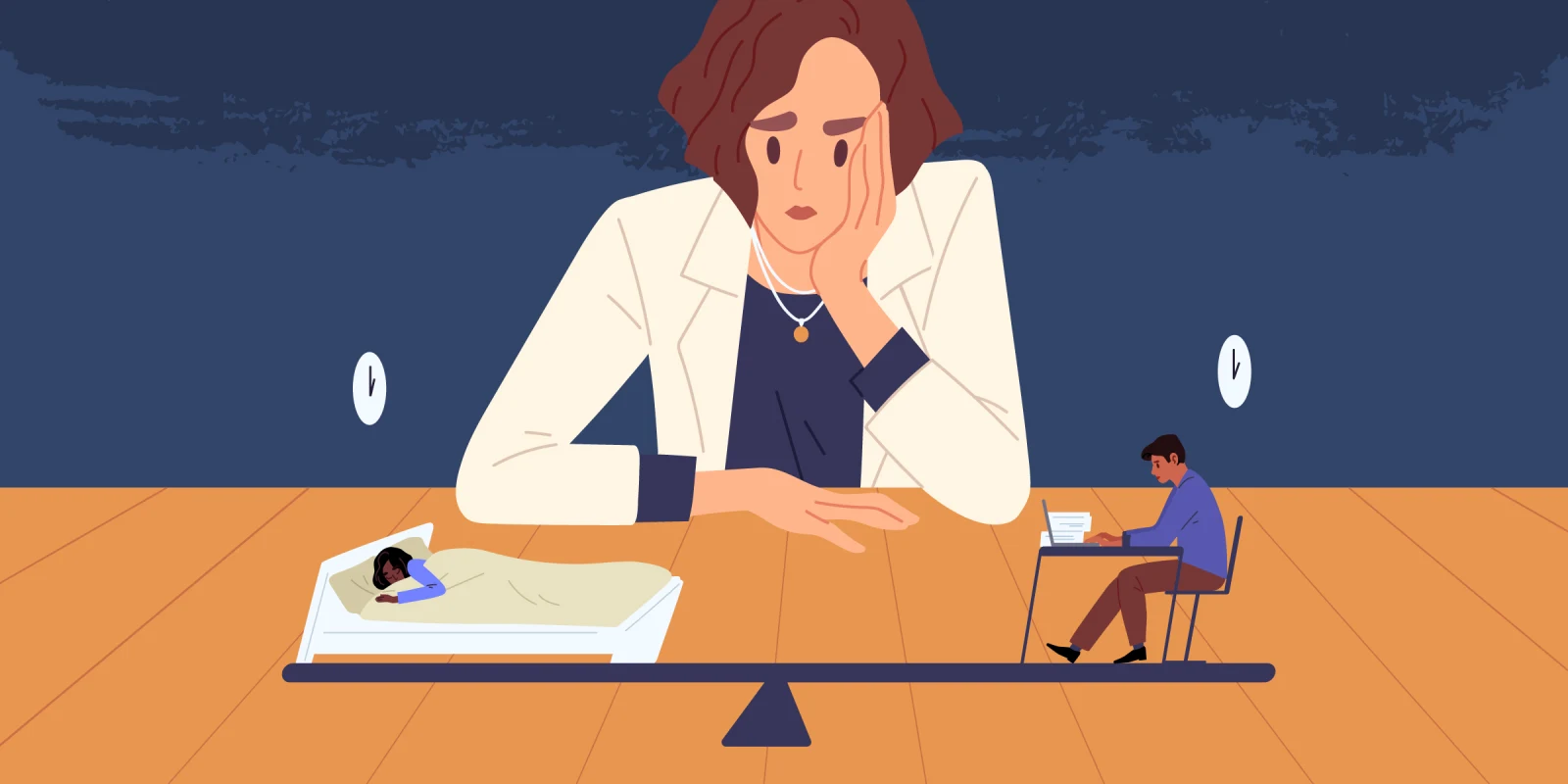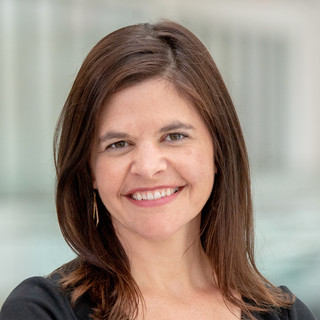My father, a family medicine physician, practiced in a small town in rural North Dakota. In the absence of specialized emergency physicians, he had to provide care for anyone who came through the hospital door on evenings when he was on call. Our phone often rang in the early morning hours, waking him from sleep and forcing him out of bed and into the cold night air.
I would overhear him tell my mother about his difficulty returning to sleep during those on-call nights. My siblings and I were encouraged to modify our noise level for him the next day, though we rarely succeeded. Over time, he had difficulty sleeping even on nights when a colleague was covering the hospital.
In my work as a psychiatrist, my toolbox for treatment of depression, anxiety, bipolar disorder, and schizophrenia, though not perfect, is broad and well-researched. What leaves me discouraged, however, is the recurrent statement I hear when patients return for follow up: “I definitely feel better, but my sleep is still terrible.”
Looking back at my notes from medical school and residency, I was struck by the absence of training in sleep disorders. One would think that poor quality sleep was a rarity, or at least a minor problem compared with diabetes, heart disease, or cancer, for example. However, when I started to investigate and teach about sleep disorders, I grew increasingly concerned about the massive public health risk of sleep deprivation. Though insomnia more often reflects anxiety about sleep quality than true sleep loss, it can be dangerous in patients with mental health issues.
One key factor I always discuss during sessions with patients managing bipolar disorder is the importance of a consistent sleep schedule. We need to discuss strategies to achieve adequate sleep, and identify a support network, should sleep deprivation lead to a manic episode. I have heard frightening stories of individuals, unaware of the danger of sleep loss, who have found themselves ill and wandering the streets of a foreign city after an international flight, without the self-awareness to protect themselves from harm.
Rising rates of insomnia during the pandemic are contributing to increasing rates of depression and anxiety. My patients, for example, will call after several nights of poor sleep, dismayed by the return of previously well-controlled panic attacks or intrusive anxious thoughts. This then becomes a vicious cycle of dread as evening approaches, with an increase in worried thoughts as well as alcohol use or over-the-counter sleep aids.
Individuals struggling with insomnia may be prescribed medications that are inadequate at best, and carry significant morbidity risks at worst. For example, medications like Ambien can lead to complex behaviors such as sleep walking and driving. I’ve even had a patient report doing laundry while asleep, though some of us may welcome this particular side effect.
These sedative-hypnotics are designed for short-term use, but are frequently used beyond the recommended time frame. During initial consultations, patients often report a short-term prescription of sleeping pills leading to years of use, convinced they cannot sleep without them. A gentle exploration often reveals their fear that I will “take away” what has worked for them. However, when we dig deeper, we usually come to the mutual conclusion that the sleeping pills have not provided quality sleep.
The lasting benefits of cognitive behavioral therapy for insomnia (CBT-I) are well demonstrated, and it is recommended as the first-line treatment for insomnia in the clinical guidelines of the American Academy of Sleep Medicine, CDC, and NIH. However, a shortage of providers trained in CBT-I significantly limits the availability of this effective treatment option, particularly in rural areas like my hometown.
Typically a six-week therapy, CBT-I has been modified for brevity in primary care offices. In addition to sleep hygiene recommendations, such as keeping technology out of the bedroom and using the bed only for sleep and sex, CBT-I teaches patients techniques to improve their sleep efficiency.
As a pragmatic physician, I love seeing the rapid results during a course of CBT-I. It often takes only one or two sessions to notice a striking change in a patient’s sleep patterns and self-confidence. More than one patient has said, “I can’t believe I’m already sleeping so well. Where was this therapy 20 years ago?”
As my parents age, their challenges with sleep continue to intensify. My father, a classic “morning lark,” prefers to be in bed by 8 p.m. My mother, on the other hand, watches her BBC dramas late into the evening, reporting that she “can’t sleep, just like my mother.” Any physician who has tried to treat a family member recognizes the challenge I face in guiding them to better sleep. I try to sneak in some recommendations between anecdotes about their grandchildren, but I imagine they would prefer to take medical advice from someone they haven’t seen, as a child, talking to her stuffed animals in her princess pajamas. I certainly don’t blame them.
With my family in mind, my goal is to increase access to this highly effective treatment. I find myself constantly talking about the importance of getting great sleep, with mixed results based on the audience. My children, for example, employ increasingly creative methods to avoid the dreaded “bedtime,” such as a sudden, intense thirst or an urgently important fact to share about the life cycle of reptiles.
All in all, we need more providers working in this area, along with novel delivery methods for care. Individuals like my parents, as well as patients I treat in my practice, all deserve the numerous health benefits of restful, high-quality sleep.
Are you getting enough sleep? Share your experience with sleep deprivation in the comment section below.
Dr. Jennifer Reid is a board-certified psychiatrist and award-winning educator specializing in anxiety and insomnia. She practices in Philadelphia, PA, and is affiliated with the University of Pennsylvania and Cooper University Departments of Psychiatry.
Image by GoodStudio / Shutterstock







